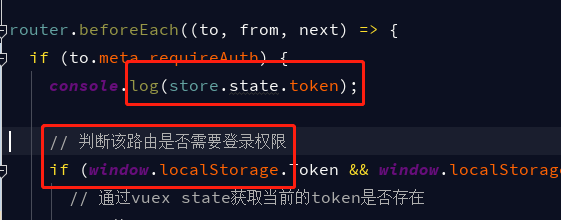I would like to insert multiple rows with a single INSERT query, for example:
INSERT INTO tmp(col_a,col_b) VALUES(\'a1\',\'b1\'),(\'a2\',\'b2\')...
Is there a way to do this easily, preferably for an array of objects like these:
[{col_a:\'a1\',col_b:\'b1\'},{col_a:\'a2\',col_b:\'b2\'}]
I might end up with 500 records in one chunk, so running multiple queries would be undesirable.
So far I have been able to do it for a single object only:
INSERT INTO tmp(col_a,col_b) VALUES(${col_a},${col_b})
As a side question: Are insertions using ${} notation protected against SQL injections?
I\'m the author of pg-promise.
In older versions of the library this was covered by simplified examples within the Performance Boost article, which is still an important read when writing high-performance database applications.
The newer approach is to rely on the helpers namespace, which is ultimately flexible, and highly optimized for performance.
const pgp = require(\'pg-promise\')({
/* initialization options */
capSQL: true // capitalize all generated SQL
});
const db = pgp(/*connection*/);
// our set of columns, to be created only once, and then shared/reused,
// to let it cache up its formatting templates for high performance:
const cs = new pgp.helpers.ColumnSet([\'col_a\', \'col_b\'], {table: \'tmp\'});
// data input values:
const values = [{col_a: \'a1\', col_b: \'b1\'}, {col_a: \'a2\', col_b: \'b2\'}];
// generating a multi-row insert query:
const query = pgp.helpers.insert(values, cs);
//=> INSERT INTO \"tmp\"(\"col_a\",\"col_b\") VALUES(\'a1\',\'b1\'),(\'a2\',\'b2\')
// executing the query:
db.none(query)
.then(data => {
// success;
})
.catch(error => {
// error;
});
See API: ColumnSet, insert.
Such an insert doesn\'t even require a transaction, because if one set of values fails to insert, none will insert.
And you can use the same approach to generate any of the following queries:
- single-row
INSERT
- multi-row
INSERT
- single-row
UPDATE
- multi-row
UPDATE
Are insertions using ${} notation protected against sql injection?
Yes, but not alone. If you are inserting schema/table/column names dynamically, it is important to use SQL Names, which in combination will protect your code from SQL injection.
Related question: PostgreSQL multi-row updates in Node.js
extras
Q: How to get id of each new record at the same time?
A: Simply by appending RETURNING id to your query, and executing it with method many:
const query = pgp.helpers.insert(values, cs) + \'RETURNING id\';
db.many(query)
.then(data => {
// data = [{id: 1}, {id: 2}, ...]
})
.catch(error => {
// error;
});
or even better, get the id-s, and convert the result into array of integers, using method map:
db.map(query, [], a => +a.id)
.then(data => {
// data = [1, 2, ...]
})
.catch(error => {
// error;
});
To understand why we used + there, see: pg-promise returns integers as strings.
UPDATE-1
For inserting huge number of records, see Data Imports.
UPDATE-2
Using v8.2.1 and later, you can wrap the static query-generation into a function, so it can be generated within the query method, to reject when the query generation fails:
// generating a multi-row insert query inside a function:
const query = () => pgp.helpers.insert(values, cs);
//=> INSERT INTO \"tmp\"(\"col_a\",\"col_b\") VALUES(\'a1\',\'b1\'),(\'a2\',\'b2\')
// executing the query as a function that generates the query:
db.none(query)
.then(data => {
// success;
})
.catch(error => {
// error;
// will get here, even if the query generation fails
});


